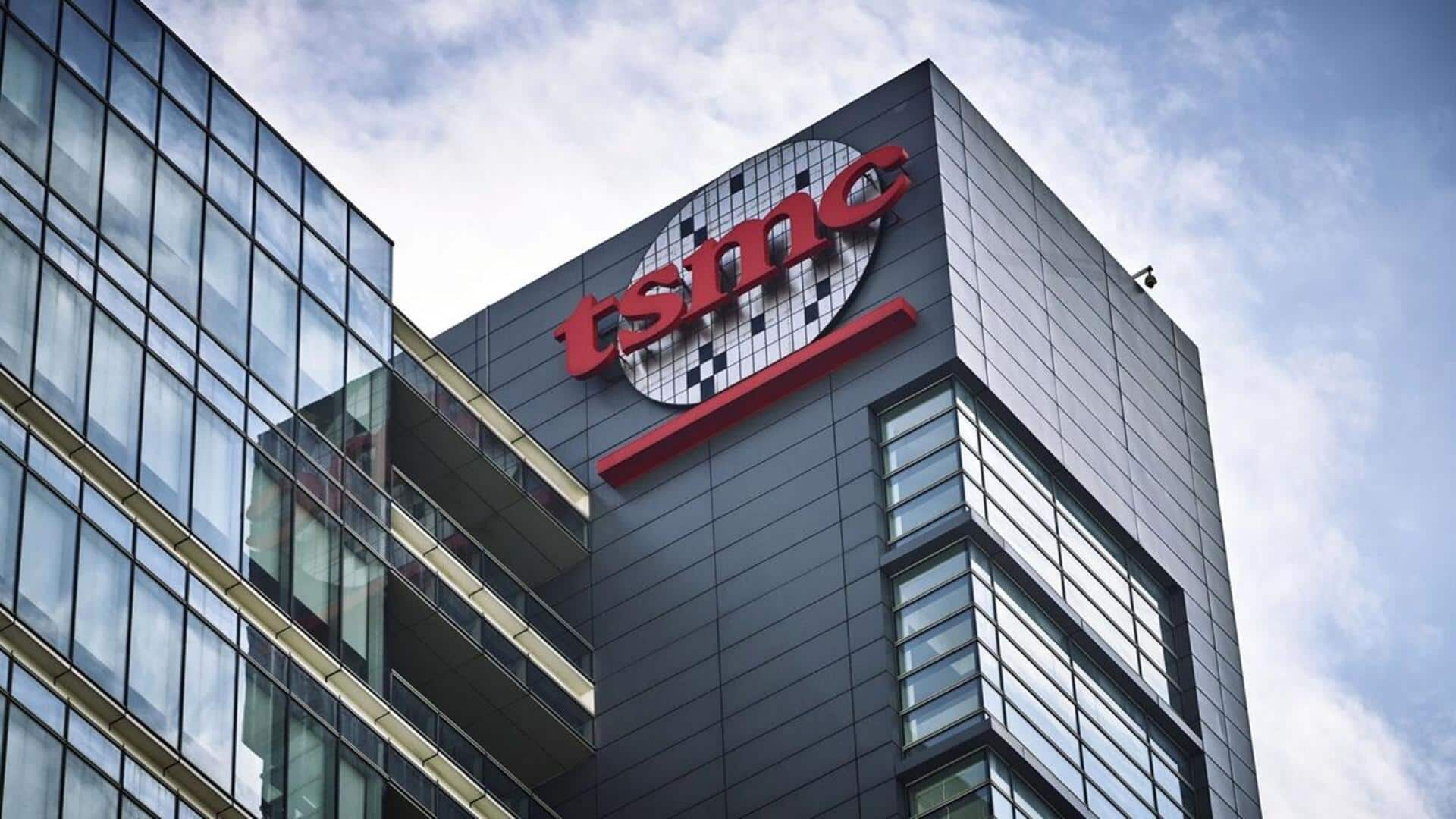
Leading chipmaker TSMC's electricity demand could triple by 2030
What's the story
Taiwan Semiconductor Manufacturing Company (TSMC), the world's largest chipmaker, is staring at a major hurdle as Taiwan's electricity supply is growing at a snail's pace. A recent report by S&P Global sheds light on the matter, pointing out that TSMC's energy consumption has been growing 10%-20% every year for the last four years. The report indicates that this trend is likely to continue.
Energy consumption
Energy usage surpasses other chipmakers
TSMC's energy consumption dwarfs that of other chipmakers such as Micron and Intel. In 2023 alone, the company consumed more than 24 billion kilowatt-hours of electricity, an amount almost equal to the total electricity consumption of Phoenix, a major city in the US. The increase in energy usage is mainly due to the ramp-up in production of 3nm semiconductors.
Production challenges
Advanced chip production methods are energy-intensive
TSMC's advanced chip production methods, like extreme ultraviolet lithography systems (EUV), are especially energy-intensive. These processes are essential for developing cutting-edge chips at 7 nanometers or below, but they demand more energy as the chips get smaller. At present, TSMC consumes over 8% of Taiwan's total electricity consumption, a number that could potentially triple by 2030, the S&P Global report said.
Sustainability efforts
Taiwan's challenges and TSMC's focus on renewable energy
Taiwan's limited land for solar panels and dependence on imported fossil fuels pose unique challenges. This leaves residents and chipmakers like TSMC vulnerable to power outages from natural disasters. To combat this, TSMC has committed to net zero emissions by 2050 through renewable energy certificates and power purchase agreements. The company also moved its deadline for 100% renewable energy consumption to 2040, while upgrading its power transformers for greater efficiency.
Outlook
Power supply stability and future risks
Despite the challenges, analysts believe TSMC's risks will remain manageable over the next three to four years, thanks to the company's active management of its power supply stability. However, they also note that the ongoing artificial intelligence (AI) boom is unlikely to reduce electricity demand anytime soon. This means TSMC and other chipmakers may continue to face significant energy-related challenges moving forward.